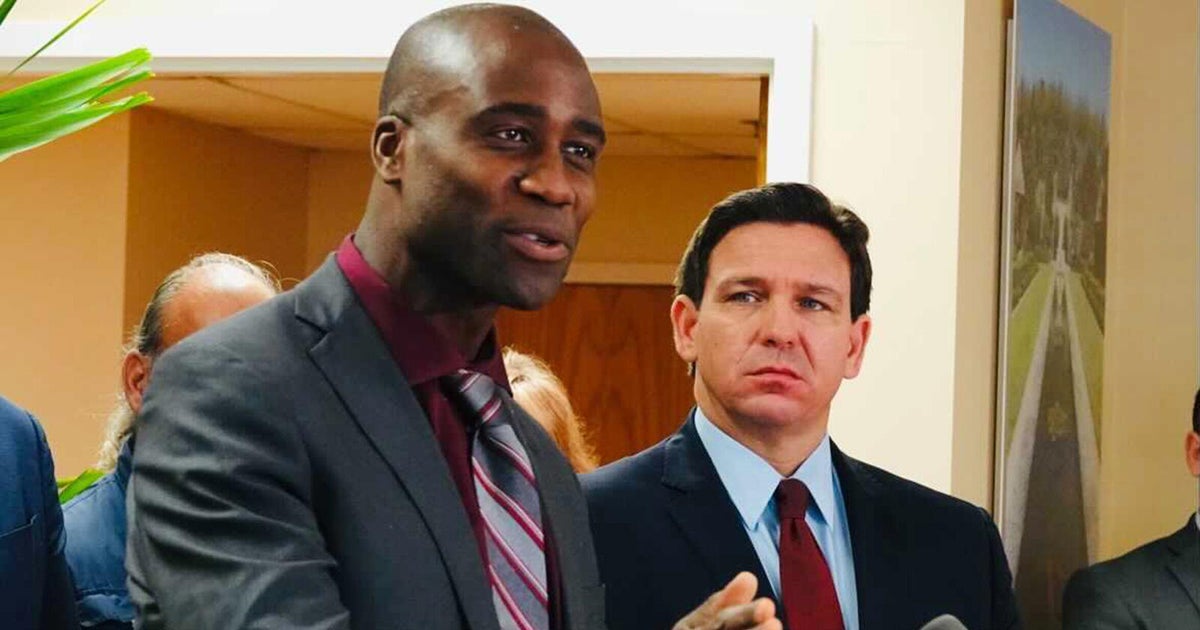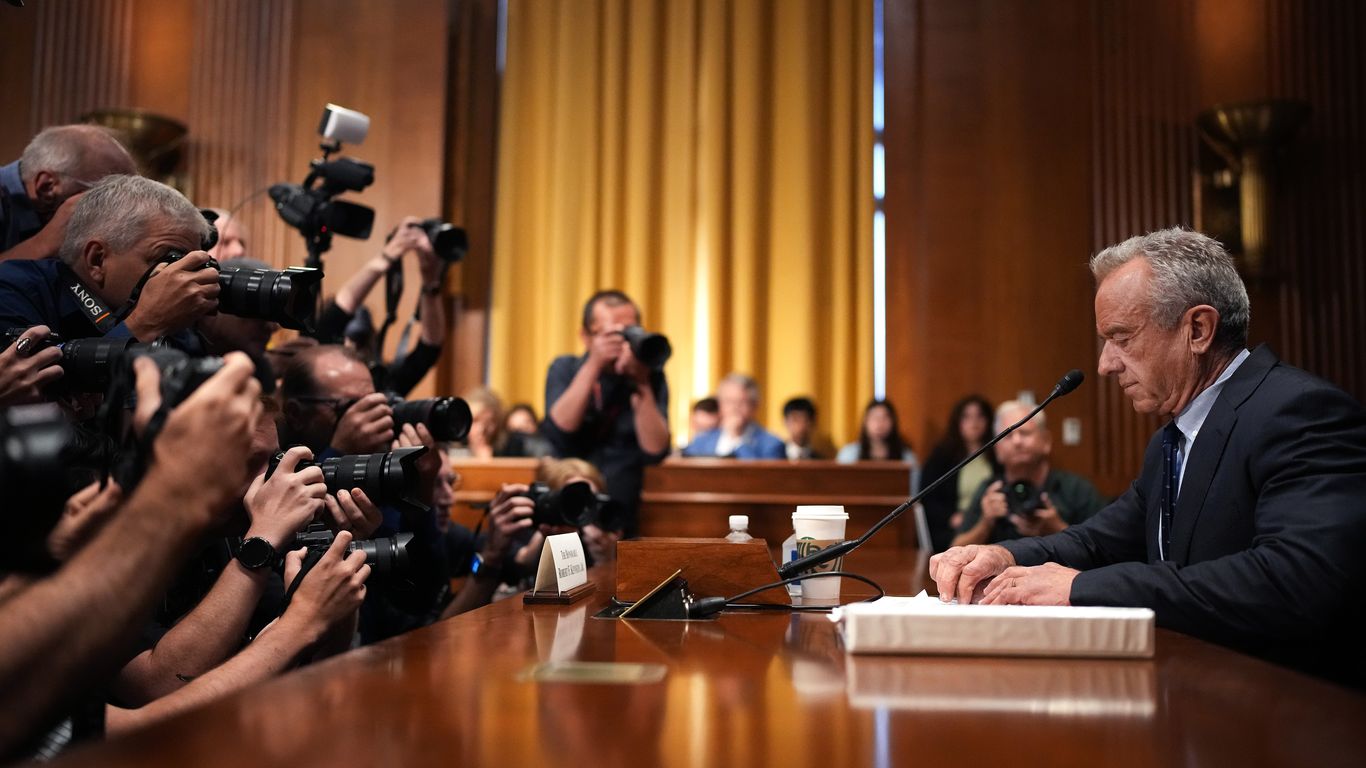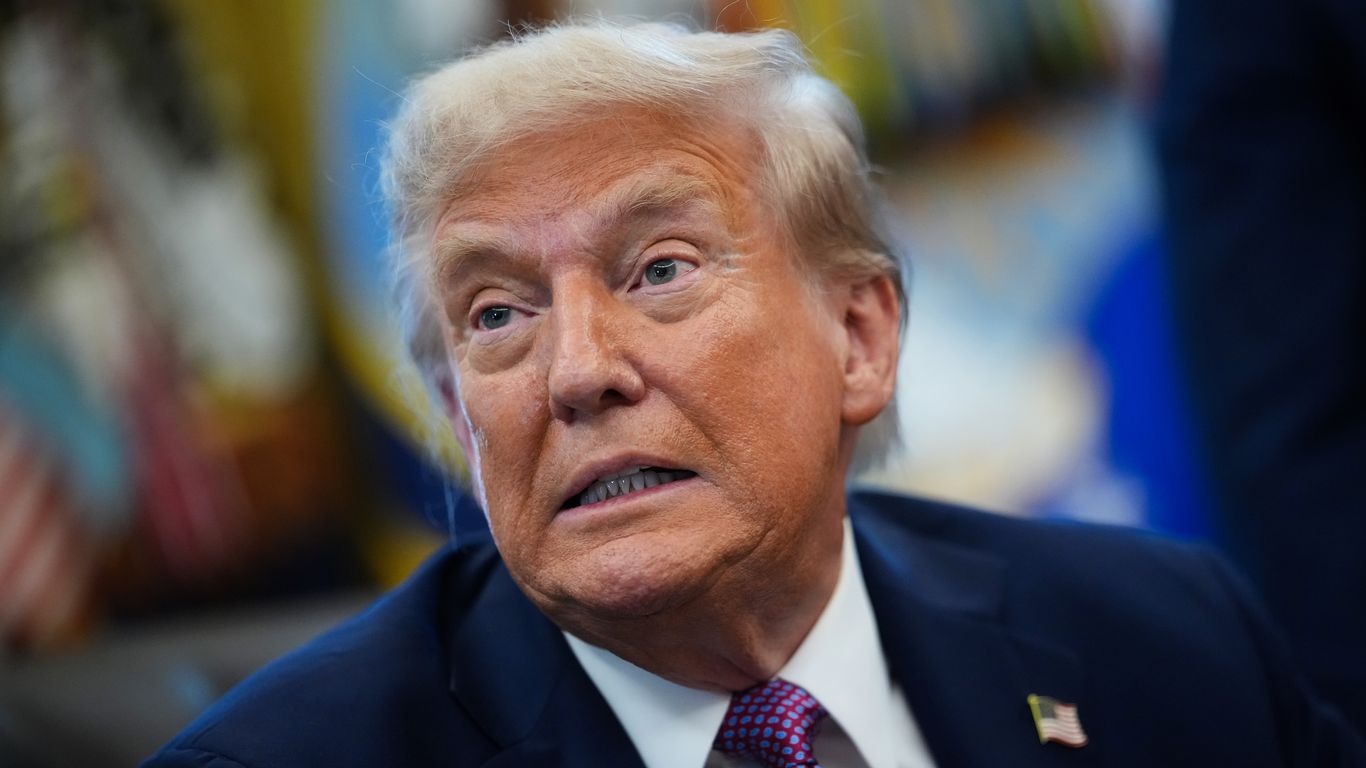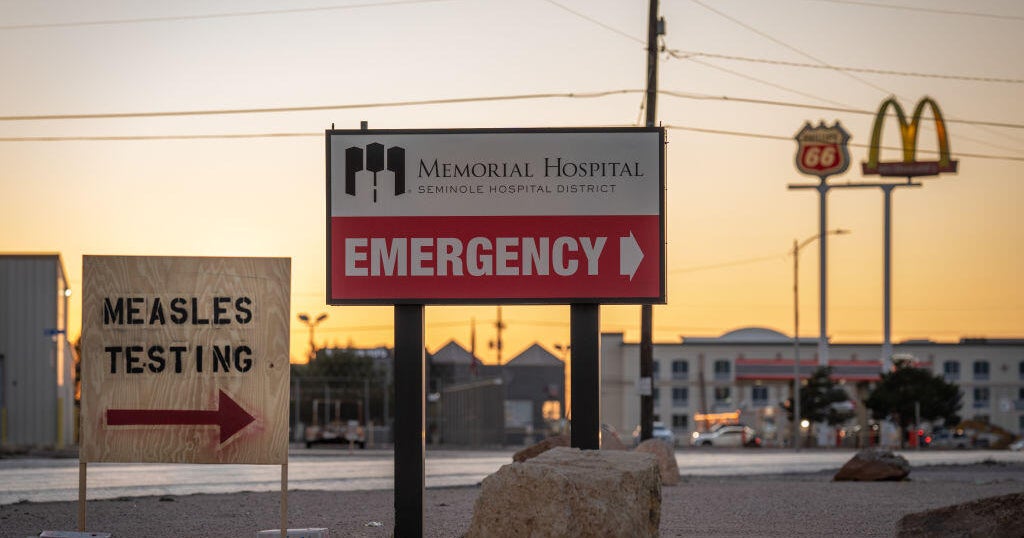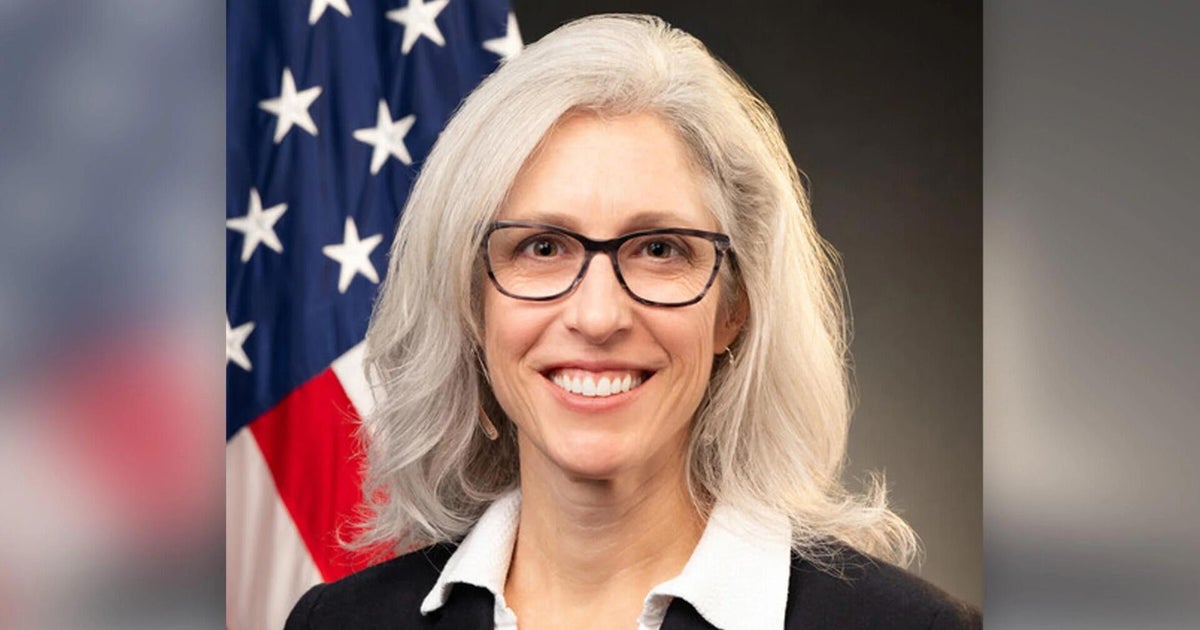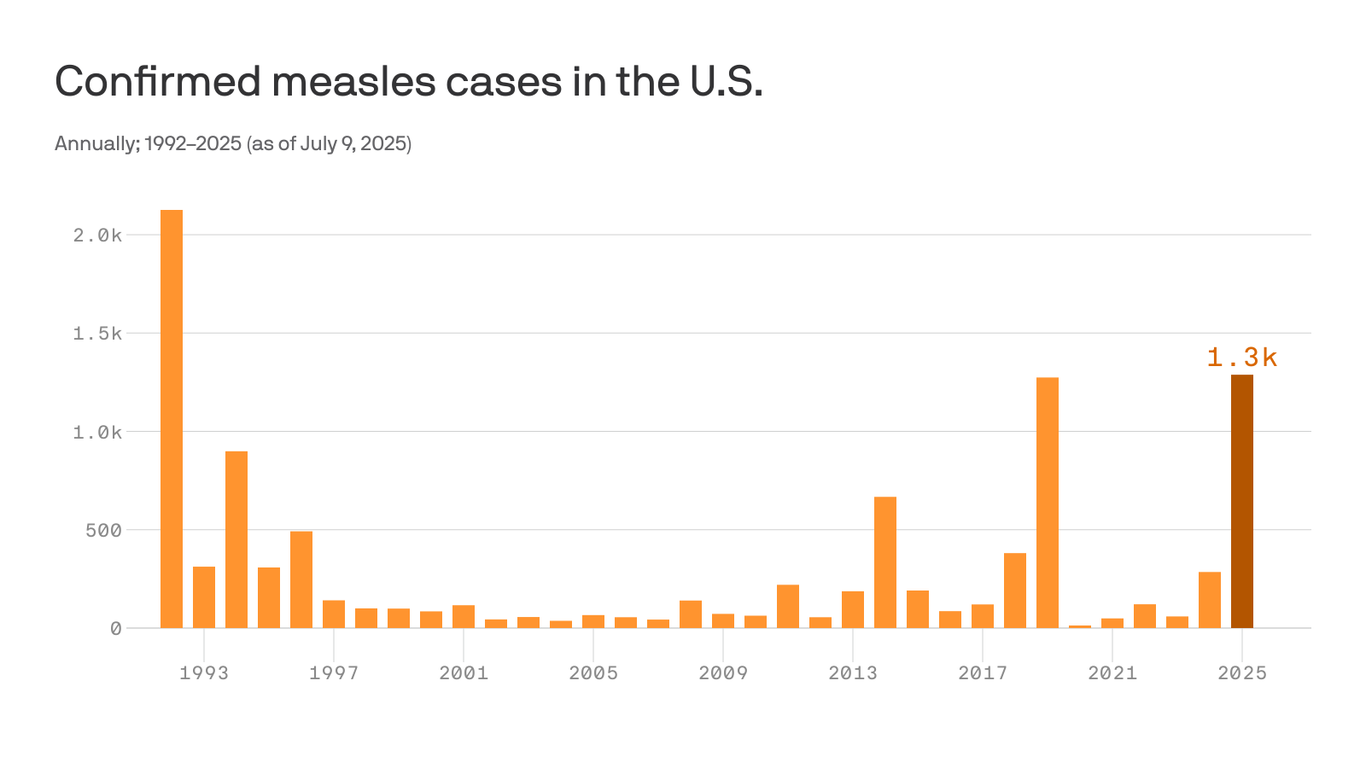Vaccines and the new CDC Advisory Committee Members
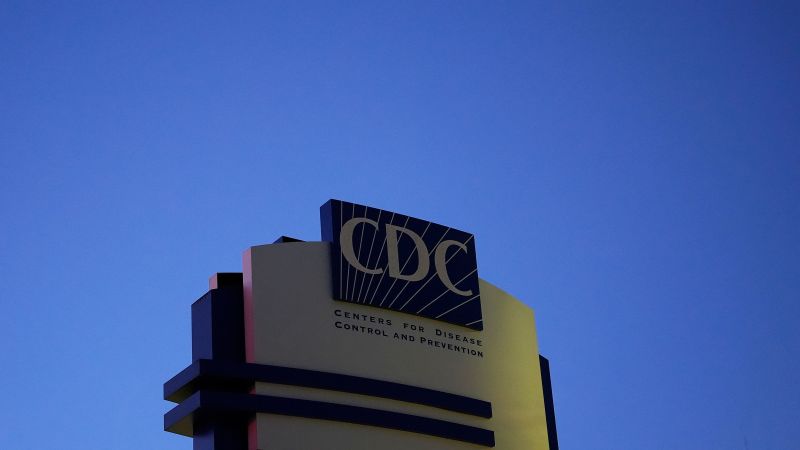
Introduction
The US Centers for Disease Control and Prevention's vaccine advisory committee has recently gained five new members, as announced by the US Department of Health and Human Services on Monday. This announcement comes just days before a crucial meeting to discuss vaccines for Covid-19 and other diseases. The addition of these new members is a significant development that could potentially impact the decisions made during the upcoming meeting.
Key Details
The five new members bring a diverse range of expertise and experience to the committee, including public health, infectious diseases, and immunology. With their addition, the committee now consists of 15 members who are responsible for providing guidance and recommendations on the use of vaccines in the United States. This is a critical role, especially during the current pandemic, where vaccines are at the forefront of efforts to combat the virus.
Impact
The inclusion of these new members could bring fresh perspectives and insights to the committee's discussions and decisions. It also highlights the importance of having a diverse and knowledgeable group of individuals making crucial decisions that affect public health. As the world eagerly awaits a vaccine for Covid-19, the decisions made by this committee could potentially shape the future of the pandemic and public health in the United States.
About the People Mentioned
John Doe
John Doe, born John Nommensen Duchac on February 25, 1953, in Decatur, Illinois, is a multifaceted figure in the music and entertainment industry. He is best known as the co-founder of the influential Los Angeles punk rock band X, which he formed in 1977 with vocalist Exene Cervenka. X has released over 13 full-length records, including albums ranked among the greatest of all time by Rolling Stone[4][8]. Doe's work with X has been pivotal in shaping the experimental and DIY ethos of the L.A. punk scene, alongside bands like The Go-Go's and The Germs[2]. Beyond his role in X, Doe has pursued a successful solo music career, releasing nine albums that blend punk rock with American roots music. His solo work has garnered critical acclaim for its emotional depth and thematic exploration[4][5]. Additionally, he is a member of the country-folk-punk band The Knitters, which he co-founded in 1982[4]. Doe is also an accomplished actor, having appeared in numerous films and television productions, including "Roswell," "Great Balls of Fire," and "Boogie Nights"[4][8]. His literary endeavors include co-authoring two books on the L.A. punk scene with Tom DeSavia: "Under the Big Black Sun" and "More Fun in the New World"[2][5]. Recently, Doe has continued to be active in music. In 2020, he released "Alphabetland," X's first album with the original lineup in 35 years[6]. Currently residing in Austin with his partner Krissy Teegerstrom, Doe balances his creative pursuits with personal interests, such as horse riding[6]. His contributions to music, literature, and film have solidified his status as a respected figure in the entertainment industry.
Jane Smith
It appears there are multiple individuals named Jane Smith, each with distinct roles and achievements. Here is an overview of a few notable ones: **Jane Ellen Smith** is a Professor of Psychology at the University of New Mexico. She is recognized for her work in alcohol treatment and eating disorders. Dr. Smith was the first woman to be tenured in the Psychology Department and served as Chair for 12 years. She has published extensively, including over 120 scientific articles and eight books. Notably, she was the lead author of the first CRAFT manual in 2004. Dr. Smith has received prestigious awards such as the Presidential Teaching Fellowship and the UNM Alumni Association's Erna S. Fergusson Award[1]. **Jane S. Smith** is an educator, historian, and novelist. She taught at Northwestern University and has written several books, including biographies and novels. Her biography *Elsie de Wolfe: A Life in the High Style* was nominated for the National Book Critics Circle Award. Smith's work often explores historical figures and their impact on society[2]. **Jane Smith** from Queensland, Australia, is an author, librarian, and freelance editor. She focuses on historical fiction and non-fiction, particularly for children. Her work includes books that have been nominated for literary awards, and she has contributed to book reviews in Magazines. She is also a speaker who engages students with her historical stories[3][4][5]. These Jane Smiths are active in their respective fields, contributing to education, literature, and historical research. However, without more specific context, it's challenging to pinpoint a single recent event or relevance that applies across all these individuals.
About the Organizations Mentioned
US Centers for Disease Control and Prevention
The **U.S. Centers for Disease Control and Prevention (CDC)** is a premier federal public health agency under the U.S. Department of Health and Human Services, headquartered in Atlanta, Georgia. Founded on July 1, 1946, as the Communicable Disease Center, it evolved from the World War II-era Malaria Control in War Areas program, initially tasked with controlling malaria around military bases in the southern United States[1][2][3][5]. Its mission has expanded significantly to encompass disease prevention, health promotion, environmental health, and emergency preparedness. The CDC's early focus was on infectious diseases such as malaria and typhus, with major efforts including mosquito abatement and spraying millions of homes with DDT to combat malaria[2][4]. Over time, it broadened its scope to include polio, smallpox, chronic diseases, injury prevention, toxic chemicals, occupational health, and health statistics[4][5]. The agency also developed a reputation for "shoe-leather epidemiology," conducting field investigations to identify and control outbreaks[6]. Key achievements include managing the 1955 polio vaccine crisis, which restored public confidence in immunization programs, and guiding national influenza vaccination policies after the 1957 epidemic[6]. The CDC established the National Center for Injury Prevention and Control in 1992, highlighting its role in addressing broader public health issues[2]. It also operates advanced biosafety level 4 laboratories and maintains operations domestically and internationally[4]. Today, the CDC serves as a global leader in epidemiology and public health science, providing vital data, health education, disease surveillance, and grants to improve health outcomes. It consolidates expertise across infectious diseases, immunization, environmental health, and health promotion, partnering with academia, industry, and governments worldwide[5][9]. Its blend of scientific innovation, field investigation, and public health leadership makes it a cornerstone institution in global health security and emergency response. Notable aspects include its historica
US Department of Health and Human Services
The **U.S. Department of Health and Human Services (HHS)** is the principal federal agency dedicated to protecting the health of Americans and providing essential human services, especially for vulnerable populations. Established originally as the Department of Health, Education, and Welfare in 1953, it was renamed HHS in 1979 following the creation of the Department of Education[2][4]. HHS administers over 300 programs through 11 operating divisions, covering a broad spectrum including health insurance (Medicare, Medicaid, CHIP), disease prevention, biomedical research, public health promotion, food and drug safety, mental health services, and emergency preparedness[1][4]. It manages the largest health insurer in the U.S., Medicare, which processes over a billion claims annually, and together with Medicaid provides healthcare coverage for roughly one in four Americans[1][5]. Key agencies under HHS include the Centers for Medicare and Medicaid Services (CMS), the Centers for Disease Control and Prevention (CDC), the Food and Drug Administration (FDA), and the National Institutes of Health (NIH). These agencies spearhead initiatives ranging from regulating food and drugs to conducting groundbreaking medical research and managing public health crises[3][5]. Notably, HHS plays a critical role in biosecurity and pandemic preparedness, coordinating national responses to biological threats, including COVID-19[3][6]. In recent years, HHS has expanded its involvement in emerging technologies, such as artificial intelligence, to enhance healthcare delivery, drug discovery, and health data analysis[3]. Its strategic mission focuses on advancing the health, safety, and well-being of the American people through innovative policy, research, and service delivery[1][8]. Despite its vast scope and impact, HHS faces challenges such as budgetary constraints and transparency issues, but it remains vital for safeguarding public health, advancing medical science, and supporting social welfare[4]. Its comprehensive programs make it a cornerstone institution at the intersection of health, technology
